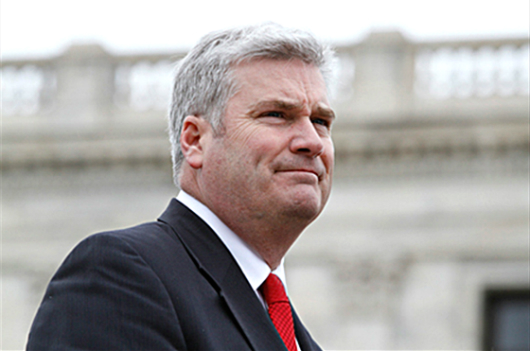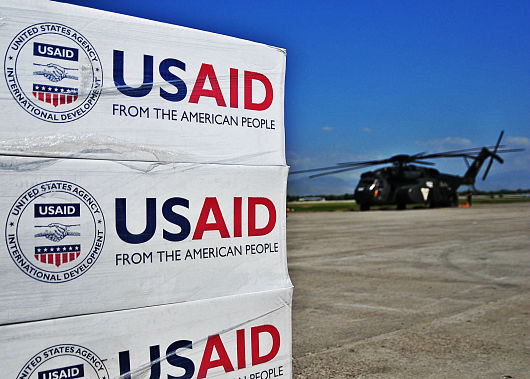 Across the diverse landscape of the United States, numerous initiatives and efforts are underway, all united by a common goal: combating global poverty. Various states are contributing in their own unique ways to address the challenges faced by those living in poverty around the world. Whether through innovative grassroots campaigns, educational programs, or partnerships with international organizations, states are proving that the fight against global poverty knows no geographical bounds.
Across the diverse landscape of the United States, numerous initiatives and efforts are underway, all united by a common goal: combating global poverty. Various states are contributing in their own unique ways to address the challenges faced by those living in poverty around the world. Whether through innovative grassroots campaigns, educational programs, or partnerships with international organizations, states are proving that the fight against global poverty knows no geographical bounds.
California: Tech-Driven Philanthropy
California, a hub of technological innovation, has seen numerous tech giants and startups redirect their expertise toward alleviating global poverty. Companies like Google, through its Google.org initiative, are investing in projects that provide technology and education to underserved communities worldwide. By committing $50 billion to education efforts or the same amount to economic development, Google initiatives like expanding internet access in remote areas and using data analytics to identify poverty patterns are working to help the developing world.
For example, this initiative will support the creation of new educational jobs in India, a country that will need more teachers and professors with such a rapidly growing population. Furthermore, it will help children in countries like Brazil receive access to further schooling, even in the case of natural disasters.
New York: Diplomatic and NGO Nexus
New York’s international prominence makes it a key player in the fight against global poverty. The state hosts the United Nations headquarters and numerous international NGOs. The city’s diplomats, policy experts and advocates work collaboratively on strategies for poverty reduction, pushing for sustainable development goals and advocating for increased aid to impoverished regions. Furthermore, the McSilver Institute of NYU researches and develops tangible ways to fight global poverty.
Texas: Disaster Relief and Training
Texas has established itself as a hub for disaster relief and emergency response training. Organizations based in Texas, such as the American Red Cross and various disaster relief teams, not only assist domestically but also extend their reach to impoverished areas globally during times of crisis. Their expertise in logistics, health care and infrastructure development becomes invaluable in assisting vulnerable populations abroad.
Almost every developing nation has received aid from the Red Cross; recent examples include Afghanistan and Sri Lanka, given their ongoing political crises.
Massachusetts: Educational Partnerships
With its renowned universities and research institutions, Massachusetts takes a unique approach to fighting global poverty through education. Collaborations between universities like Harvard, MIT and local NGOs have led to programs that educate and empower individuals in developing countries. These initiatives range from vocational training to entrepreneurship programs, equipping people with skills to lift themselves out of poverty.
Washington: Trade for Development
The state of Washington, with its strong emphasis on international trade, actively promotes fair trade practices to uplift impoverished communities. By partnering with less-developed nations like India and Vietnam to establish sustainable trade relationships, the state fosters economic growth and job creation in those regions. Additionally, Washington-based companies often engage in responsible sourcing, supporting products that are ethically produced and benefit communities in need.
Illinois: Refugee Support and Resettlement
Illinois has embraced a role in alleviating global poverty by providing refuge and support to those fleeing conflict and poverty-stricken regions. The state’s welcoming stance toward refugees includes comprehensive resettlement programs that offer language training, job placement assistance and access to social services. By providing a stable foundation, Illinois helps refugees rebuild their lives and contribute positively to their new communities.
As of August, refugees are mostly coming from Burma, Syria, Afghanistan and the Congo.
Georgia: Agricultural Expertise Sharing
Georgia’s agricultural industry is playing a pivotal role in the fight against global poverty. Agricultural universities and research centers in the state collaborate with international partners to share expertise on sustainable farming practices, crop diversification and food security. By equipping farmers in developing countries with knowledge and tools, Georgia contributes to increased agricultural productivity and improved livelihoods.
Minnesota: Health Interventions
Minnesota’s robust health care sector has extended its reach to combat global poverty through medical missions and partnerships. Health professionals from the state volunteer their skills in impoverished areas, providing much-needed medical care, training local health care workers and supporting health infrastructure development. These efforts play a crucial role in addressing preventable diseases and promoting overall well-being.
Fighting Global Poverty
In an interconnected world, the contributions of these states underscore the collective effort of the United States to address global poverty. Each state’s unique strengths and resources enrich the global fight against poverty, demonstrating that progress knows no boundaries when it comes to creating a more equitable and prosperous world.
– Sahib Singh
Photo: Unsplash
 Die-hard Dunkin’ Donuts fans might love the company for its coffee and assortment of breakfast treats, but this New England favorite is proving there is even more to love with some of its philanthropic choices regarding its products. From making ethical decisions when it comes to sourcing its espresso beans to switching to sustainable alternatives for its cups, Dunkin’ is combating global poverty and benefiting the world at large. Here is more information about how Dunkin’ Donuts fights global poverty.
Die-hard Dunkin’ Donuts fans might love the company for its coffee and assortment of breakfast treats, but this New England favorite is proving there is even more to love with some of its philanthropic choices regarding its products. From making ethical decisions when it comes to sourcing its espresso beans to switching to sustainable alternatives for its cups, Dunkin’ is combating global poverty and benefiting the world at large. Here is more information about how Dunkin’ Donuts fights global poverty.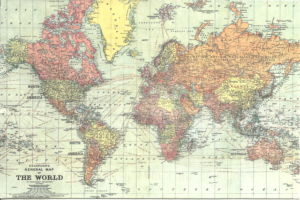 People helping people. Country helping country. Giving back to the world is not a strange concept and is a welcomed idea in most societies. A popular form of global help is foreign aid. The umbrella term commonly refers to monetary assistance provided by outlying or foreign governments. The funds are generally distributed through humanitarian organizations, non-profit groups or directly from a foreign government. As such, the aid is given to citizens in an abundance of forms, such as money, food or shelter. While some can afford to provide more than others on a purely numeric comparison, the amounts are measured or valued differently depending on the country’s economic standing. This list consists of five countries fighting global poverty who outshine the rest.
People helping people. Country helping country. Giving back to the world is not a strange concept and is a welcomed idea in most societies. A popular form of global help is foreign aid. The umbrella term commonly refers to monetary assistance provided by outlying or foreign governments. The funds are generally distributed through humanitarian organizations, non-profit groups or directly from a foreign government. As such, the aid is given to citizens in an abundance of forms, such as money, food or shelter. While some can afford to provide more than others on a purely numeric comparison, the amounts are measured or valued differently depending on the country’s economic standing. This list consists of five countries fighting global poverty who outshine the rest.
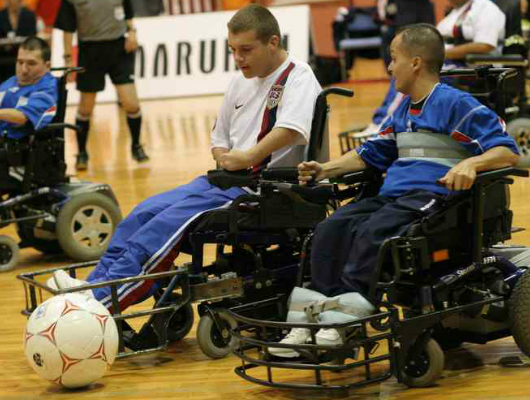
 On Sept. 26, the fourth annual Global Citizen Festival will take place — a unique concert that uses music to raise poverty awareness. Celebrity activists and humanitarian leaders have banded together to organize this year’s festival. They hope to channel hype and excitement over the concert into anti-poverty action.
On Sept. 26, the fourth annual Global Citizen Festival will take place — a unique concert that uses music to raise poverty awareness. Celebrity activists and humanitarian leaders have banded together to organize this year’s festival. They hope to channel hype and excitement over the concert into anti-poverty action.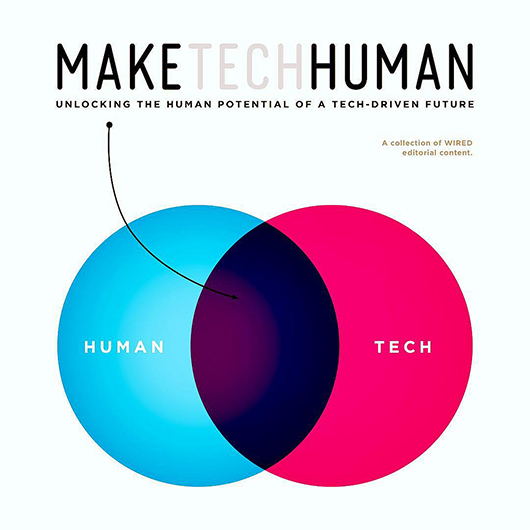
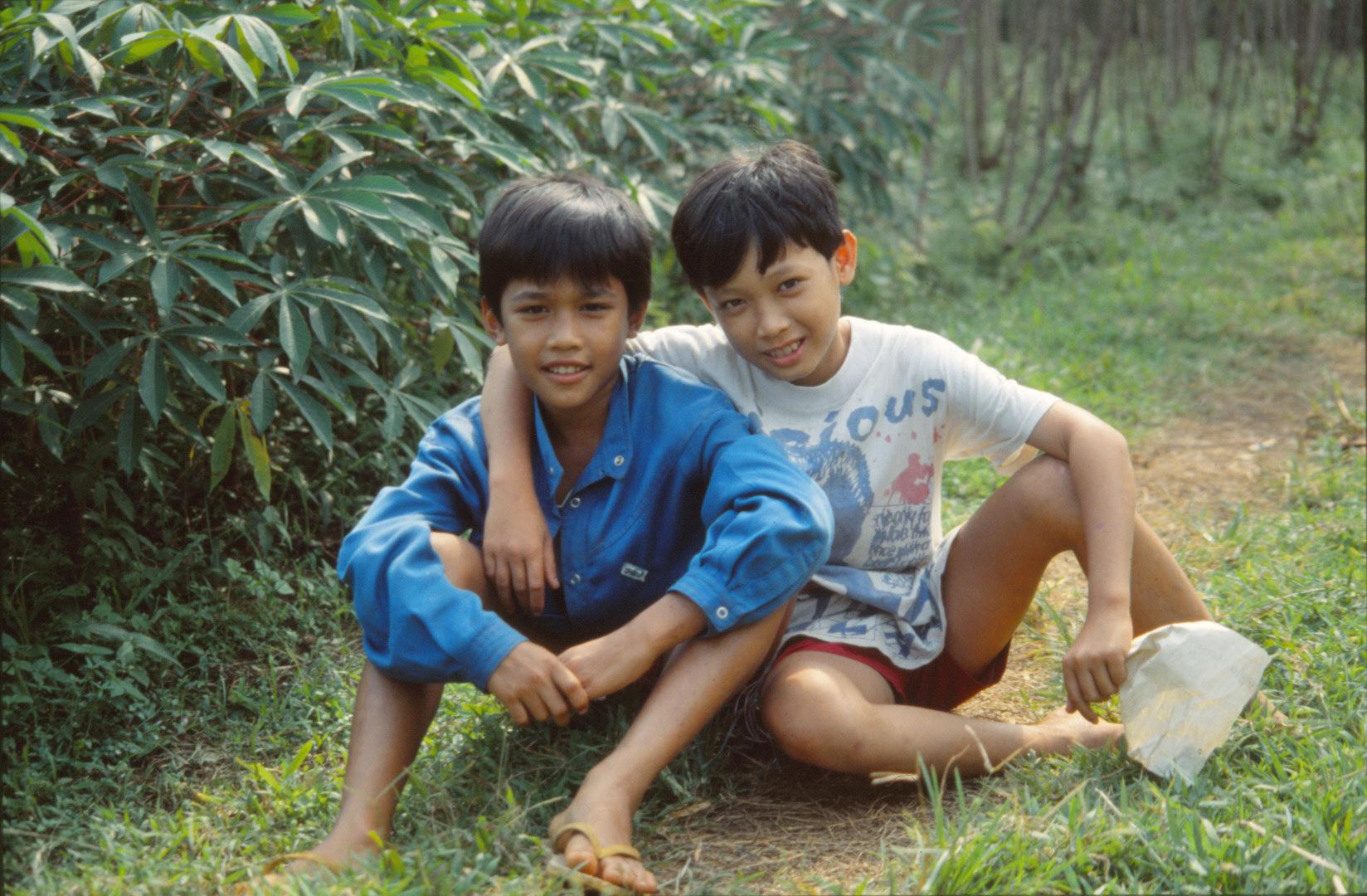 The Millennium Challenge Corporation is an independent, innovative foreign aid agency that is actively fighting global poverty. One of its projects, the Indonesia Compact, seeks to better the lives of those living below the poverty line in
The Millennium Challenge Corporation is an independent, innovative foreign aid agency that is actively fighting global poverty. One of its projects, the Indonesia Compact, seeks to better the lives of those living below the poverty line in 